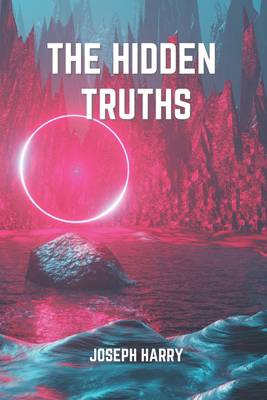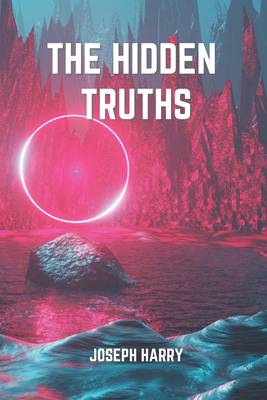
- Retrait gratuit dans votre magasin Club
- 7.000.000 titres dans notre catalogue
- Payer en toute sécurité
- Toujours un magasin près de chez vous
- Retrait gratuit dans votre magasin Club
- 7.000.0000 titres dans notre catalogue
- Payer en toute sécurité
- Toujours un magasin près de chez vous
16,45 €
+ 32 points
Description
The heroic entry into Fiume of the warrior poet D'Annunzio was used as the founding myth of the fighting Fasci, yet many of the legionaries who took part in the enterprise never joined fascism. This is one of the thirty episodes of history manipulation that Paolo Mieli unmasks, inviting the reader to be wary of unreliable sources and adulterated versions. In some cases they are forgeries of the author, such as the diary of Galeazzo Ciano corrected to art by the son-in-law of the Duce himself. Other times they are attempts, more or less conscious and instrumental, to impose interpretative and meaning shifts on salient pages of our past. Too frequently, however, there is a political use of the - presumed - truth reached.
Here is the red thread that connects the essays collected here: the hidden truths are those - unspeakable, denied and overturned - that Mieli investigates with the rigor of the historian and the acumen of the watchful and inflexible observer. An analysis that from Italy in the twentieth century, with its most cumbersome and fundamental figures (Mussolini, De Gasperi, Togliatti), crosses some themes that are still very topical today such as anti-Semitism and populism. Up to shedding new light on personalities on the international scene such as Churchill, Stalin, Mao and on little known or often misunderstood passages of ancient and modern history, from the Spartacus revolt to the "conspiracy" of Tommaso Campanella.
A layout, the one indicated in The hidden truths, which suggests, in the words of its author, that "in the historical field the definitive truths, beyond the factual and proven ones (but sometimes not even those), do not exist".
Here is the red thread that connects the essays collected here: the hidden truths are those - unspeakable, denied and overturned - that Mieli investigates with the rigor of the historian and the acumen of the watchful and inflexible observer. An analysis that from Italy in the twentieth century, with its most cumbersome and fundamental figures (Mussolini, De Gasperi, Togliatti), crosses some themes that are still very topical today such as anti-Semitism and populism. Up to shedding new light on personalities on the international scene such as Churchill, Stalin, Mao and on little known or often misunderstood passages of ancient and modern history, from the Spartacus revolt to the "conspiracy" of Tommaso Campanella.
A layout, the one indicated in The hidden truths, which suggests, in the words of its author, that "in the historical field the definitive truths, beyond the factual and proven ones (but sometimes not even those), do not exist".
Spécifications
Parties prenantes
- Auteur(s) :
- Editeur:
Contenu
- Nombre de pages :
- 300
- Langue:
- Anglais
Caractéristiques
- EAN:
- 9798840063798
- Date de parution :
- 09-07-22
- Format:
- Livre broché
- Format numérique:
- Trade paperback (VS)
- Dimensions :
- 152 mm x 229 mm
- Poids :
- 403 g

Les avis
Nous publions uniquement les avis qui respectent les conditions requises. Consultez nos conditions pour les avis.






